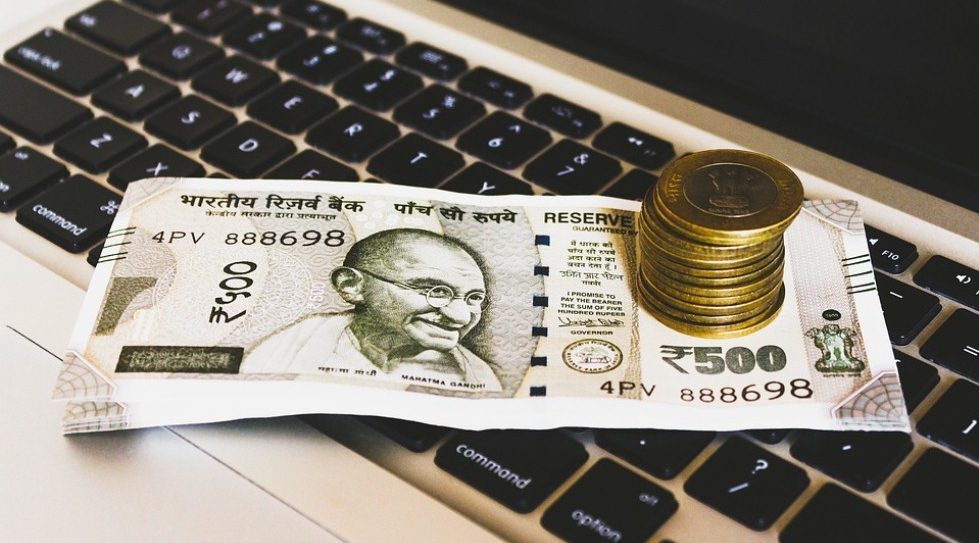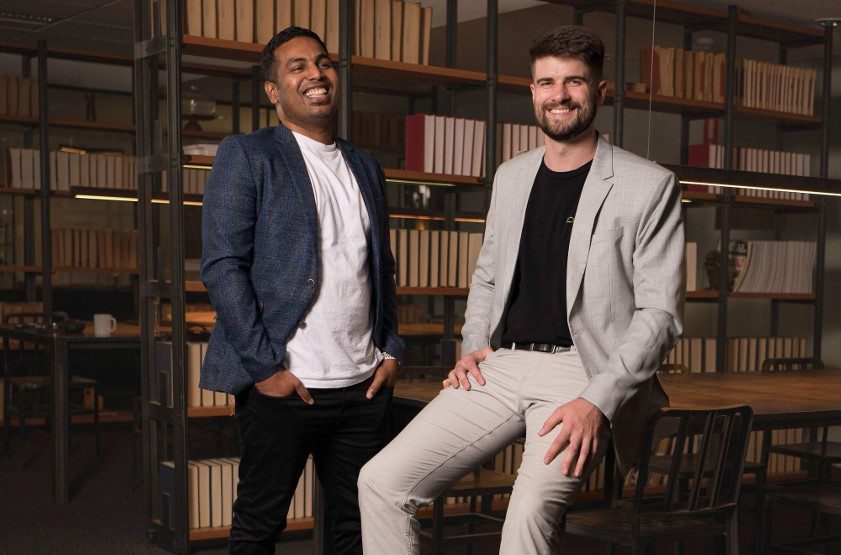TOKYO — Halodoc, one of Indonesia’s largest health-tech startup, has received funding totaling $80 million from new investors including Indonesian conglomerate Astra International and Singapore’s state investor Temasek, the company said on Wednesday.
Astra’s venture capital arm Astra Digital Internasional led the startup’s Series C funding round, Halodoc said in a news release. It marked the first time that Astra and Temasek are investing in the company.
Other first-time investors taking part include the likes of Telkomsel Mitra Inovasi, the venture capital arm of Indonesian state-owned mobile operator Telkomsel, as well as Bangkok Bank. Existing investors, including venture capital Openspace Ventures and UOB Venture Management, also took part in the round.
Other existing investors in Halodoc include the Bill & Melinda Gates Foundation, as well as Gojek, Indonesia’s most valuable tech startup.
Halodoc, founded in 2016, offers teleconsultation with doctors and an online drug delivery service on its app. Since the outbreak of the coronavirus pandemic, it has also started to offer a platform helping patients book COVID-19 tests and hospital appointments. The company says it has 20 million monthly active users and more than 20,000 registered doctors.
Health tech startups like Halodoc were expected to receive a windfall from the COVID-19 pandemic due to expected increases in demand for services like online medical consultations. DealStreet Asia reported in early April, however, that Halodoc had shut down one of its business units and the company’s revenue in the third quarter of 2020 “dropped by more than 50%” from the previous three-month period.
Halodoc did not immediately respond to a request for comment on the report.
Nevertheless, funding from big name investors like Astra, one of the largest conglomerates in Indonesia, and Temasek indicates that growth expectations for the health tech sector are still high in a country that continues to grapple with a fractured medical system.
Indonesia’s sparse island geography means it is difficult for many people, especially in rural areas, to gain access to health care. Doctors are in short supply too: According to the World Health Organization, Indonesia had 4.65 medical doctors per 10,000 people in 2019, a figure far lower than regional peers such as Thailand, which had 9.19 doctors per 10,000.
Halodoc competes with the likes of Alodokter, which is backed by SoftBank Ventures Asia, the venture capital arm of Japan’s SoftBank Group, and Singapore-based Doctor Anywhere, backed by Malaysian hospital operator IHH Healthcare.
The investment from Astra also shows that the automobiles-to-agribusiness conglomerate is speeding up its strategy of diversifying into digital and technology. In a recent interview with Nikkei Asia, Astra President Director Djony Bunarto Tjondro said the company was “exploring many other businesses, new pillars for Astra” and that it is “very keen on digital investment.”
In a statement on the Halodoc investment, Tjondro said Astra’s participation in the fundraising “demonstrated our confidence in Halodoc’s vision and commitment to alleviate challenges around health care access in Indonesia.”





